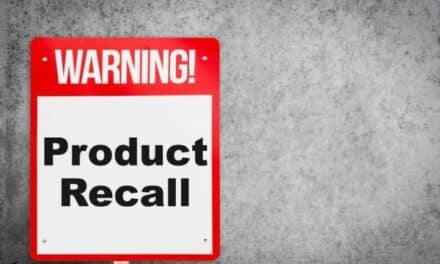During COVID-19, the U.S. FDA will continue to utilize and implement additional alternative inspection tools and approaches while postponing domestic and foreign routine surveillance inspections, FDA Commissioner Stephen Hahn, MD, said in a statement. This will continue as local, national, and international conditions warrant, with the exception of certain mission-critical inspections—which are identified on a case-by-case basis and conducted with appropriate safety measures in place.
“In this unprecedented time, we are working hard to help ensure the safety and integrity of the products we all need, while striking an appropriate balance between a scaled back surveillance inspection program and the continuation of providing robust regulatory oversight,” Hahn said. “While this pandemic has added new complexities to our normal operations, we have implemented alternative approaches to onsite surveillance inspections that provide us with useful information toward fulfilling the agency’s mission.”
The FDA is collaborating with the CDC to develop a process that would govern how and where to return to on-site facility surveillance inspections in accordance with the gating criteria outlined in the White House Guidelines for Opening Up America Again. “We expect this to be a phased approach driven by scientific data,” Hahn added. “Our priority and commitment are to first protect the health and well-being of not only our own highly skilled workforce and state contract inspectors, but also the health of workers in the important industries we regulate.”
Although inspections are critical, they are one part of a multi-pronged approach to overseeing the safety and quality of FDA regulated products. Safety and quality must be part of the daily routine at any regulated facility for their products to be high quality and reliably suitable for the U.S. consumer, Hahn said.
“The FDA’s regulatory oversight of crucial industry sectors is vital to the long-term health of America, but product safety and quality are ultimately an establishment’s responsibility,” he added. “Most firms strive to reliably provide quality products and maintain the integrity of the supply chain. We are in steady communication with our industry partners as well as our domestic and foreign regulatory counterparts to assist them during this difficult time.”
Hahn continued: “Our leadership team meets daily to discuss the urgent issues facing us as we facilitate efforts to diagnose, treat, and prevent the disease; survey the medical and food product supply chains for potential shortages or disruptions and help to mitigate such impacts, as necessary; and leverage the full breadth of our public health tools. We continue to closely monitor the global situation and remain in contact with our domestic and foreign regulatory counterparts to inform our assessment of the feasibility of a return to routine onsite surveillance inspections as conditions improve.”





